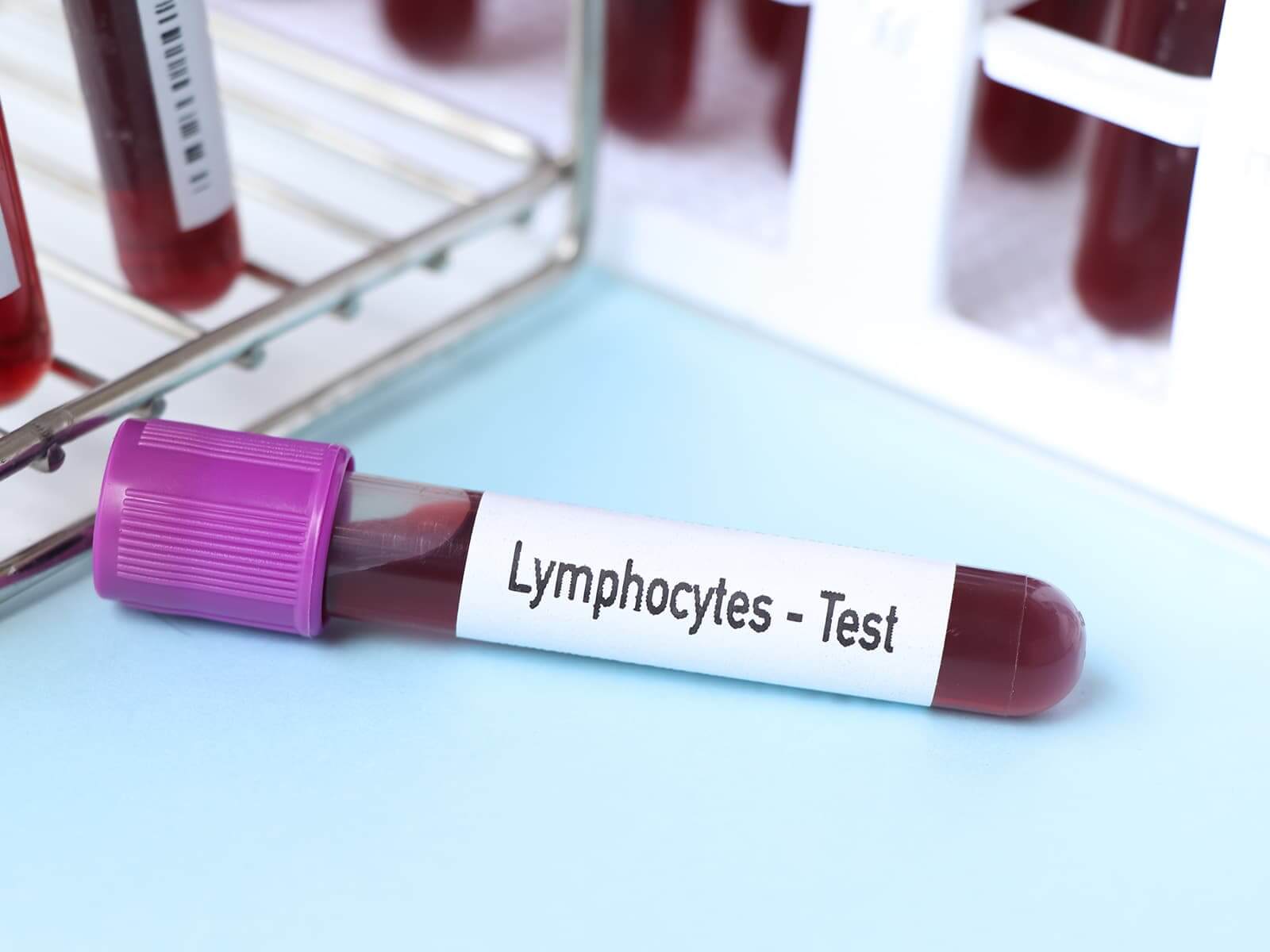
This is used to refer to the state of intestinal surgery where by a portion of the small or large intestine has been bypassed or rerouted. As the surgeon performs the operation, he/she maintains good connections between two healthier ends of the bowel, which is termed as an anastomosis. It is a post-surgical condition that is registered under ICD-10 Z98.84. These procedures are performed on patients with bowel obstruction, Crohn disease, diverticulitis or any other related problems, and their intestinal digestion will carry out differently in future.
You can as well encounter various digestive alterations even after a successful surgery. Typical symptoms include:
One or several factors may lead to post-operative intestinal bypass and anastomosis symptoms and complications:
It may seem daunting to lead life after Intestinal bypass or anastomosis surgery but it does not mean that you have to be solo. In GastroDoxs, our specialists in Houston incorporate the advanced diagnostics, customized treatment protocols, and sympathetic care to make you take charge of your digestive health. We are ready to make the next step to achieve permanent relief and well-being; call us now or make online ascendancy requests.
We've successfully treated more than 1.5K patients, helping individuals improve their digestive health and overall well-being through expert, personalized care.
With over 20 years of experience, GastroDoxs has been a trusted provider of gastroenterology care, focusing on delivering the best outcomes for patients
The ICD-10 code given to record the status of a post-intestinal bypass and the anastomosis is Z98.84, which becomes mandatory to the medical records and insurance systems.
The vast majority of problems occur in the first three months of surgery, and others-such as strictures or nutritional deficiencies- come every few months or even years.
Yes but you will advance slowly-slowly through clear liquids to soft foods-in the advice of a dietician in order that proper healing will follow and adequate intake of nutrients realized.
Anastomotic failures or leaks are generally identified by the image examination, including a CT scan including contrast or upper GI series in order to observe the presence of following fluid collections or perforations.
Chronic diarrhea might take care of itself with changes in diet (low fat/low fiber diets), antidiarrheal drugs, and specific probiotics to restore the flora in the gut.
Make an appointment to check up in case of persistent pain, bleeding, continued weight depletion, excessive diarrhea or constipation or any toesome bowel habit alterations taking more than a few days.
Revision surgery is rare though it might be required in this case where you develop strictures or leaks and other continued complications that became chronic and thus cannot be treated in a conservative manner.
Yes. Deficiencies in iron, vitamin b12 and fat-soluble vitamin among other nutrients may arise as a result of reduced absorption and thus regular blood tests and supplementation is usually necessary.
The normal follow-up regimens are at 1, 3, 6, and 12 months after surgery followed by an annual follow-up- your doctor may vary this depending on you and your symptoms.
GastroDoxs has professional gastroenterologists in the Houston region and the booking procedure is within minutes and the post-intestinal bypass and anastomosis liaisons are included.